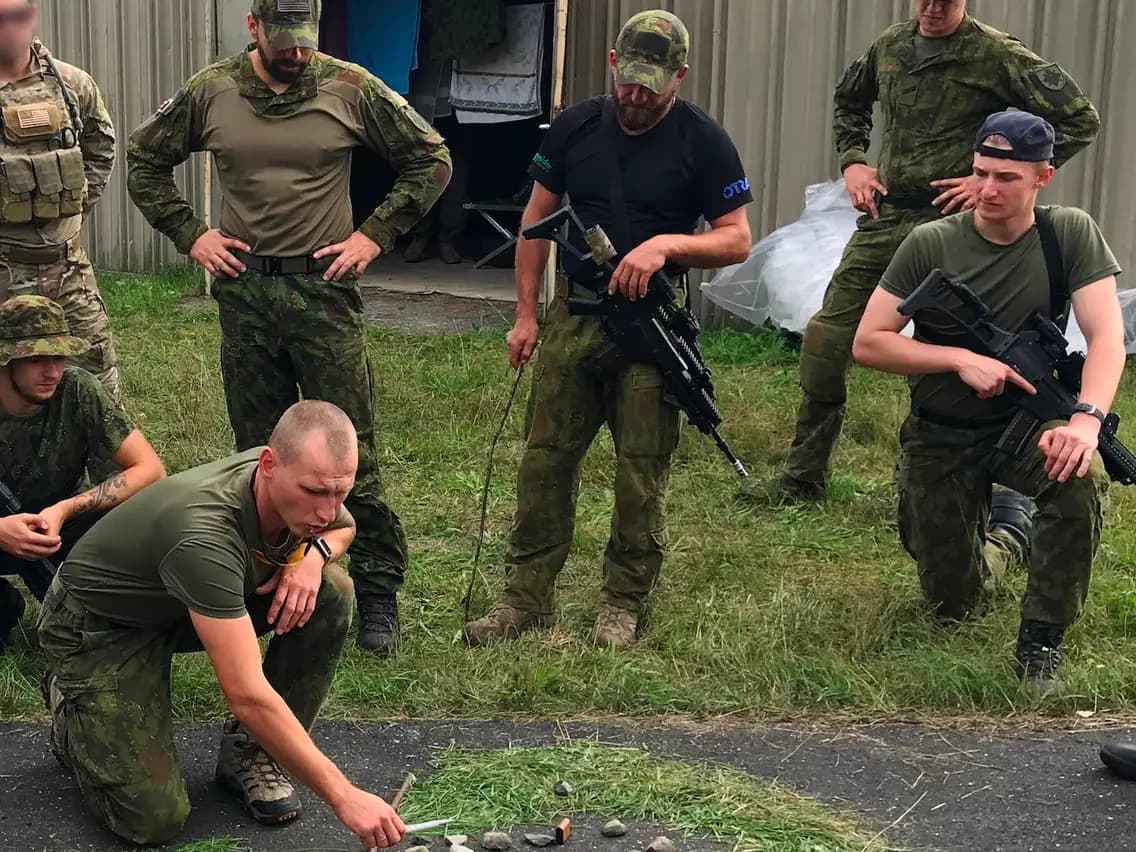Every military branch has its own way of training soldiers, but the special operations units have incredibly high standards. If a soldier has the potential to become a Green Beret, a member of the 75th Ranger Regiment, or a Night Stalker in the Special Operations Aviation Regiment, then they need to complete grueling training.
Special Forces soldiers train to be able to survive and operate in any environment, from desert scouting to city fighting. They must pass six stages over 63 weeks before they earn their Green Berets.
The first step is the Special Operations Preparation Course, which prepares potential Green Berets for the actual Special Forces Assessment and Selection. Once selected, they undergo language training for at least eight weeks. The languages are grouped into four categories based on difficulty. They also learn tactical skills, such as map and compass navigation.

How Do You Train for Special Forces?
Special Forces conduct missions that require a highly specialized team to operate where employment of conventional military forces is not feasible or in the national interest. They are tasked with countering insurgency, conducting direct action and unconventional warfare.
Special ops soldiers train for weeks, months, and even years to be able to perform in some of the harshest conditions on the planet. Their training is crafted to push them beyond what they think they can do and to test their physical and mental limits.
The Army’s pipeline for those interested in a Green Beret starts with SF Preparation Course, also known as SOPC 2. This two-week primer course will prepare you for the 61-week Special Forces Assessment and Selection (SFAS) course.
SFPC will introduce you to the fundamentals of special operations including history, organization, core tasks, SOF physical fitness standards and nutrition. It will also give you the opportunity to pass the Robin Sage test, which tests your ability to complete a mission through Pineland, a huge training ground in North Carolina that mimics a hostile foreign country.
How Can I Become a Special Ops?
The Army’s Green Berets, Marine Corps Rangers, and Navy SEALs are some of the most elite military groups in the world. They perform complicated missions that require specialized training. They offer adventure but can also be dangerous. To become a special ops soldier, you must meet rigorous physical and mental requirements.
First, you must attend basic training and earn a four-year degree. Then, you can apply to special operations units as an officer, if desired. If you choose to be a commissioned officer, you must complete a Special Forces Preparation Course (SOPC) and the full Special Forces Qualification Course — phase 1B, formerly SFAS.
If you are already enlisted in your perspective branch of the military, you can discuss the specialized unit selection pipelines with your career counselor. Air Force PJs, Navy SEALs, and Army Special Forces officers can transfer to the SFQ training pipelines from their current assignments, but you must pass physical and psychological tests.

How Long is Special Ops Training?
Special Forces soldiers are trained to perform counter-terrorism, direct action and foreign internal defense missions, intelligence gathering, and unconventional warfare. They also train personnel to carry out individual missions and operate complex communications equipment. The Army’s Green Berets are the most famous Special Operations soldiers, but each branch has its own elite units.
A career in Special Forces requires a lot of time and commitment. Earning a place in the elite force can take over a decade.
The first step is a two-week Special Operations Preparation Course. This prepares potential candidates for the SFQ Course, which lasts 61 weeks. The training teaches languages, new MOS, and the skills to pass the Robin Sage test, which simulates a mission through Pineland, a vast training ground in North Carolina that mimics a hostile foreign country. The final phase includes one week of out processing and the Regimental First Formation, where candidates wear their green berets for the first time.
